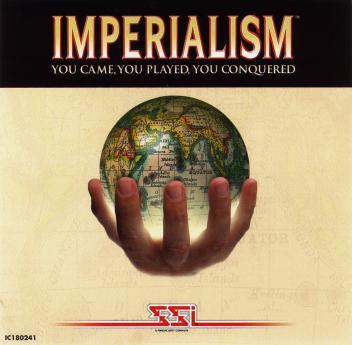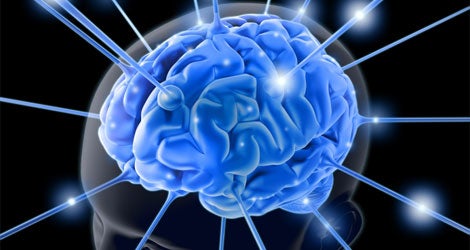In this story the narrator is a police officer for the English that everyone hates. He is jeered at and tripped by people (in soccer), and is very angry with how people treat him. He hates hits job and doesn't even know why he does it anymore. One day, he receives reports of a wild elephant rampaging through the town. So he takes a rifle which he knows is not strong enough to kill the elephant, and goes. He cannot find the elephant and everyone has a different story. He does not even believe the reports until he sees a mangled body left by the elephant. Eventually they find the elephant, and it looks calm so he does not wish to shoot it. However, the people followed him and are eagerly awaiting him to shoot it. He does shoot and eventually kill it solely not to look foolish.
This story seems to be highly symbolic of World War II. Specifically with the elephant and the police officer. The elephant seems to represent Germany to some extent, and the police officer seems to represent the American government. When the elephant is angry it takes and does whatever it wants, and no one had the ability to stop it. The officer thinking to himself that his gun would never kill an elephant seems to represent the idea of how weak the American army was compared to Germany's. Also, when the man shoots the elephant, it is solely for the crowd's appeasement, which may have been somewhat true in the real case. Finally, at the end of the story, the officer says that he is glad that the man was killed, because it put him on the legally "right" side of the conflict. This is a statement that America did not truly care for the children and men and women in the Holocaust, but instead used them as their excuse for attacking Germany.
What is Orwell's stance on WWII?






